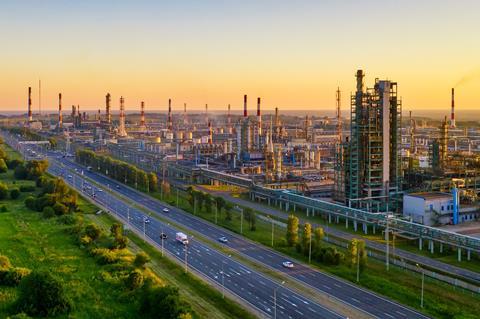
Wholesalers are having to forensically examine their supply chains to remove products linked to Russia or Belarus.
The Grocer understands foodservice wholesalers in particular have been quizzed by on-trade customers regarding products either sourced from Russia or Belarus, and products from companies with links to those countries.
At least three large foodservice wholesalers have sent questionnaires to suppliers. Questions range from whether they have operations in Russia or its ally, to whether they use raw materials from either of the countries, what alternatives could be sourced and whether there could be looming availability issues as a result.
Customers are also understood to have asked wholesalers whether the energy they use is sourced via Russia.
“Many wholesalers are getting questions from customers about the provenance of their products and in turn asking their suppliers about any potential links to Russia,” said FWD CEO James Bielby.
“The ongoing conflict is already having direct impacts on prices and products, and the understandable imposition of tariffs will add to these with knock-on supply chain effects. These challenges are only going to get worse and consumers will ultimately see reduced choice and higher prices, which will hit those on the lowest income hardest. Food price inflation was already rampant, but the situation in Ukraine means inflation on inflation.”
Earlier this week, the government announced a 35% tariff on hundreds of Russian products including food, as it steps up its economic measures against Vladimir Putin.
The tariffs, estimated to total nearly £1bn, will apply to a raft of food products and materials used in food and drink.
Chancellor Rishi Sunak said the latest measures had been designed to “inflict maximum damage on the Russian economy while minimising the impact on the UK”.







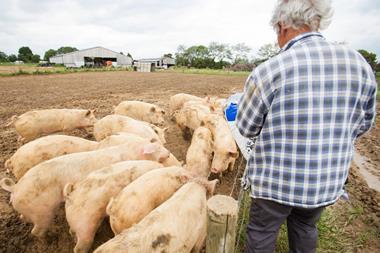
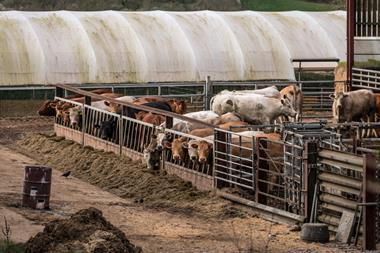
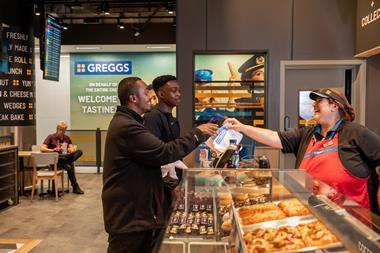
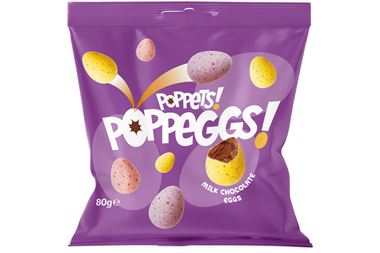
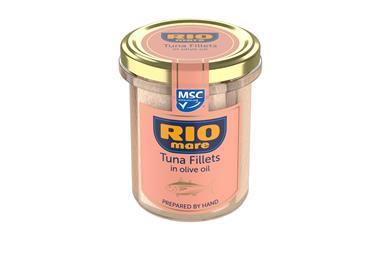
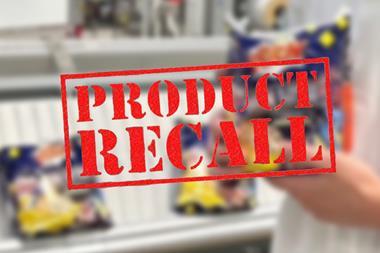
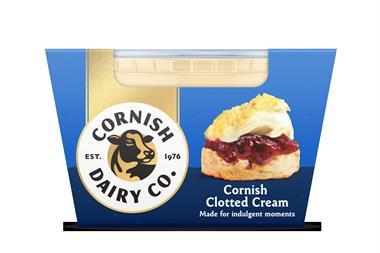
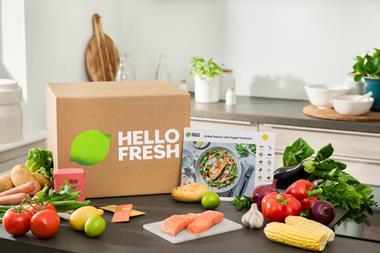

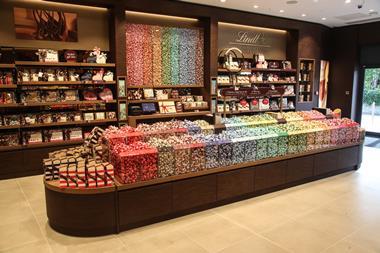

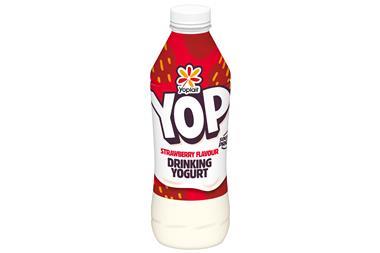
No comments yet